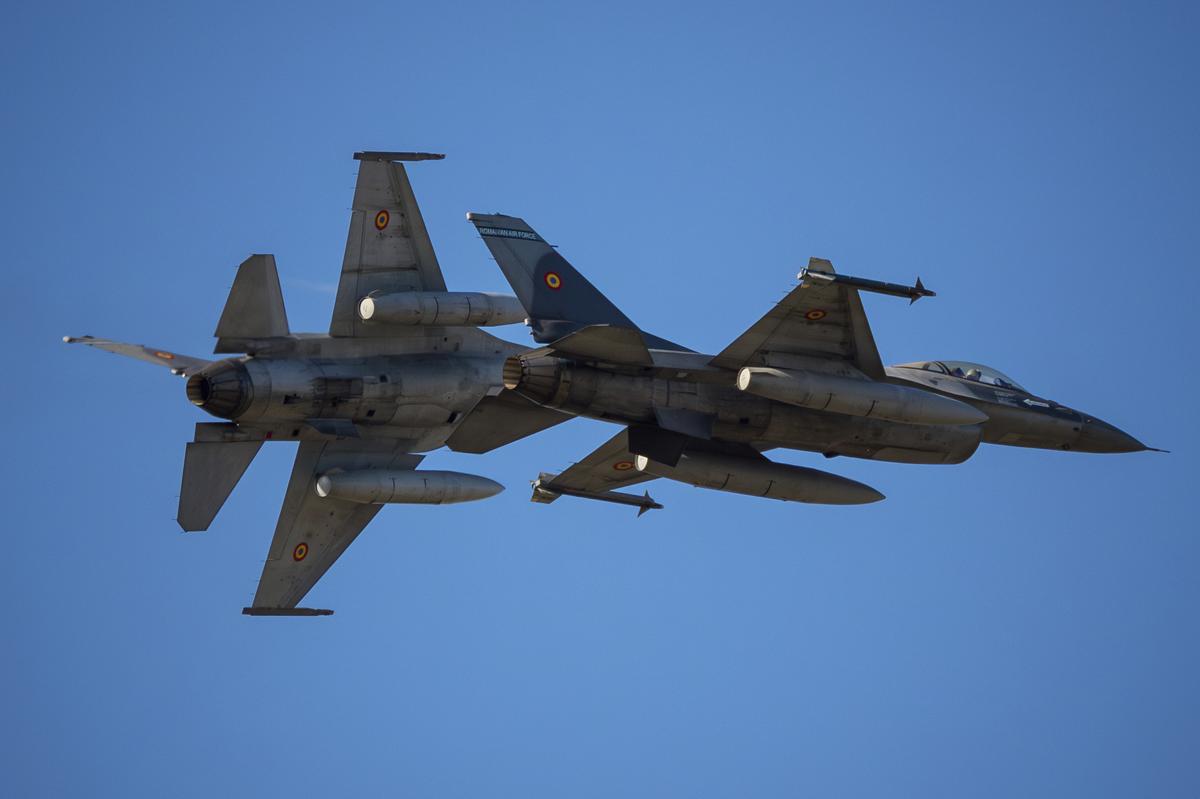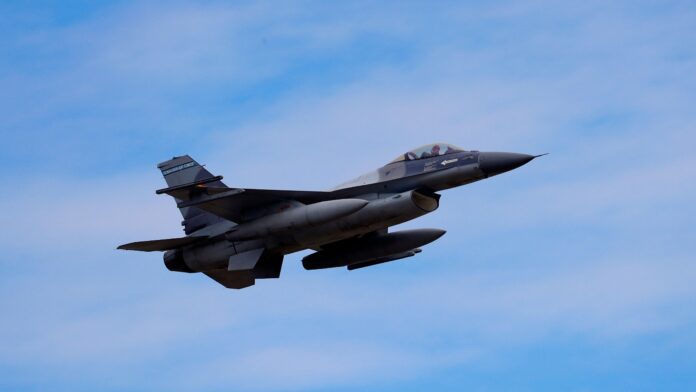Russian Drone Incursion Raises NATO Security Concerns
Romania reported a serious airspace violation on September 13, 2025, when a Russian military drone crossed into NATO territory and remained for nearly 50 minutes. This incident marks the second breach of NATO airspace in less than a week, following a similar event in Poland on September 10. Romanian officials confirmed that the drone penetrated approximately 10 kilometers into Romanian territory near the village of Chilia Veche before disappearing from radar.
The Romanian Air Force scrambled two F-16 fighter jets from the 86th Air Base, while German Eurofighter jets were also dispatched to monitor the situation. Romanian Defense Minister Ionut Mosteanu assured the public that there was no risk to civilian safety during the operation.
Incident Linked to Russian Strikes on Ukraine

The airspace breach occurred as Russia carried out a new wave of attacks on Ukrainian infrastructure along the Danube River, which borders Romania. Analysts suggest the drone may have been conducting reconnaissance missions related to these strikes. Romanian authorities emphasized that NATO territory must remain secure and that any violation of Allied airspace is taken extremely seriously.
Strong Romanian Condemnation
Romanian leaders issued swift and strong statements in response. Foreign Minister Oana-Silvia Toiu called Russia’s actions “unacceptable and reckless,” warning that such incidents risk destabilizing the entire region. Defense Minister Mosteanu reiterated that Romania will “defend every inch of Allied airspace” in cooperation with NATO partners.
Romania has experienced at least 11 similar airspace intrusions since Russia launched its full-scale invasion of Ukraine in February 2022. Earlier this year, the Romanian Parliament passed legislation granting the military authority to shoot down unauthorized drones, though specific engagement rules are still being finalized.
Zelensky Warns of War Expansion

Ukrainian President Volodymyr Zelenskyy condemned the incident in a statement on X (formerly Twitter), asserting that the drone’s deep incursion into Romanian territory shows that Russia is “expanding the war.” Zelenskyy dismissed any suggestion of an accidental flight path and called for tougher international sanctions, additional tariffs on Russian trade, and stronger collective defense measures from NATO.
NATO Response: Operation Eastern Sentry
This latest violation comes just as NATO launched “Eastern Sentry,” a new defensive initiative designed to reinforce the alliance’s eastern flank. The operation involves the deployment of F-16s, Rafale jets, and Eurofighters from Denmark, France, the UK, and Germany. NATO Secretary-General Mark Rutte underscored the alliance’s commitment to collective defense, stating that “what affects one ally affects us all.”
US General Alexus Grynkewich, NATO’s Supreme Allied Commander Europe, reassured citizens that the alliance is fully prepared to respond rapidly to any future provocations.
Growing Concerns for Regional Security
Romania’s strategic location on the Black Sea and its proximity to Ukraine make it a critical NATO member for monitoring Russian military activity. Experts warn that repeated drone intrusions could escalate tensions further and increase the risk of direct confrontation between Russia and NATO.
Security analysts note that while Romania has upgraded its air defense systems in recent years, continued Russian incursions are testing NATO’s ability to deter aggression along its eastern borders. The implementation of Romania’s new shoot-down policy may mark a turning point in how such incidents are handled going forward.
Outlook
With the war in Ukraine showing no signs of ending, incidents like this are likely to continue. Romania’s government has reaffirmed its commitment to NATO’s collective defense obligations and stressed the need for constant vigilance. As tensions mount, European leaders are calling for increased military readiness and greater cooperation to ensure the security of NATO airspace.
The latest drone breach highlights the growing complexity of the conflict and underscores the importance of swift, coordinated responses from NATO members. The coming weeks will be crucial as the alliance evaluates whether additional deterrence measures are needed to prevent further violations of its airspace.
Sources: BBC

